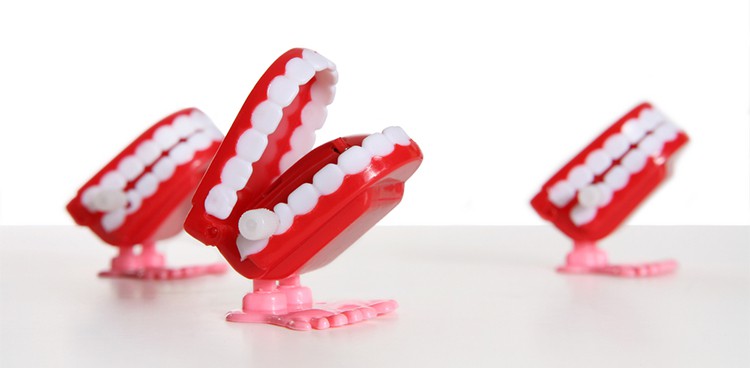
If you wanted another reason to prove that your love of cheese is totally worth it, here it is: eating cheese can reduce your risk for cavities.
You might think calcium is the main contender in this fight, but that’s only part of the story. Yes, calcium is important and does fortify your bones (including your teeth), but that means any calcium-rich food will work. Cheese has an extra super power up its sleeve.
Eating cheese causes our mouths to produce a lot of saliva, and saliva production is key to your dental health. Saliva is the mouth’s way of protecting our teeth from decay. Eating makes our mouths more acidic, which poses a risk to our teeth. By eating cheese and triggering saliva, you are restoring the balance in your mouth more quickly, washing out the bad stuff.
Cheese also makes for a great snack. Sugary snacks are worse for your teeth than eating sugar in a meal. If you eat sugar with other food, it spends less time lingering in your mouth, eating away at your teeth. With a snack, sugar flourishes. If you snack on cheese instead, the saliva starts up and keeps your mouth from becoming acidic. It can also act as a buffer against elements attacking your enamel.
The Academy of General Dentistry conducted a study in 2013 that tested the effects of different kinds of dairy on the level of acidity in its subjects’ mouths, measured in pH. The 68 subjects, aged 12–15, had the baseline pH levels in their mouths measured and then were divided into three groups: consuming milk, sugar-free yogurt, or cheddar cheese. Researchers measured pH levels at 10, 20, and 30 minutes after they ate. The kids who ate cheese had the pH levels in their mouths rise sharply at 10 minutes and then drop off but remain higher than their baseline level at 20 and 30 minutes. Milk and yogurt caused pH levels to drop at 10 minutes.
The study also promoted eating cheese as a way to build enamel back and protect your teeth thanks to its levels of calcium and phosphates.
Is there a particular kind of cheese you should eat if you want to protect your teeth? The 2013 study used cheddar, but soft cheeses with a bacterial element like Brie or Camembert can also do the job. One study even found that Kraft singles had a positive effect on pH levels. Pick your favorite and run with it!
Feature Photo Credit: Three humorous teeth wind up toys over white by Stephen Coburn | Shutterstock



